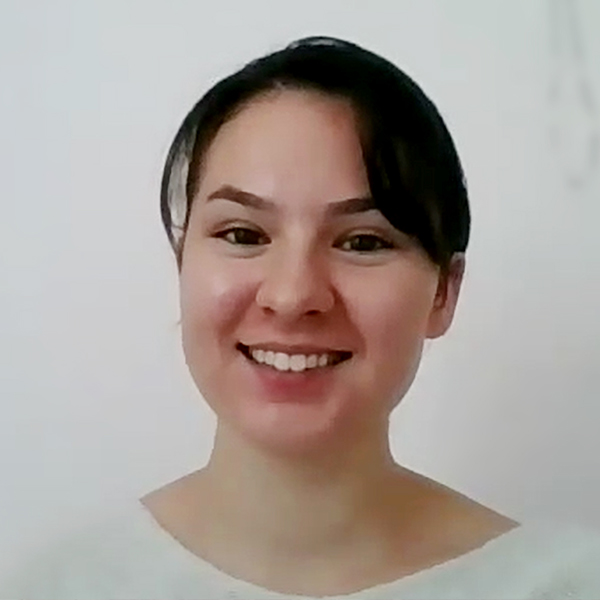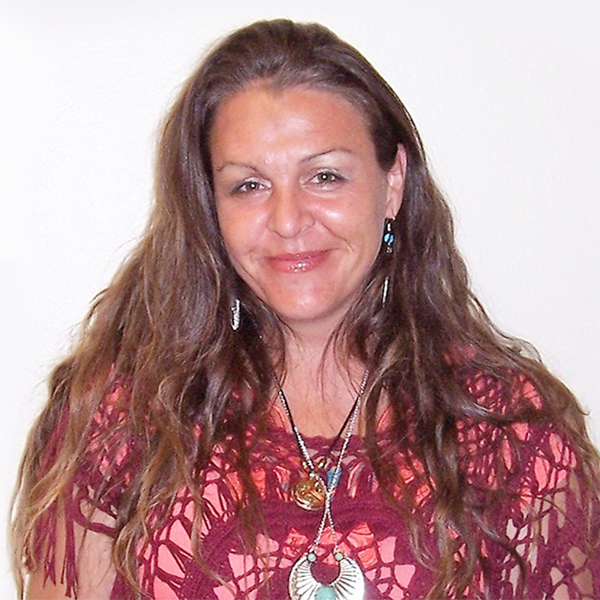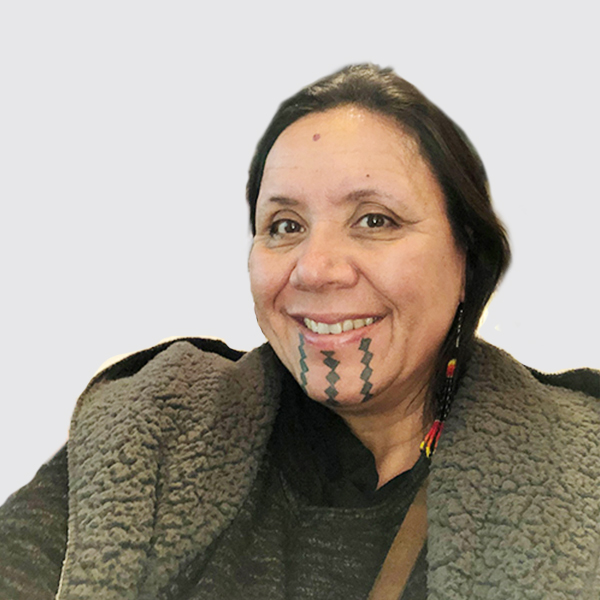Overcoming Barriers
My education provides new perspectives and approaches to overcoming barriers and building stronger, healthier communities.
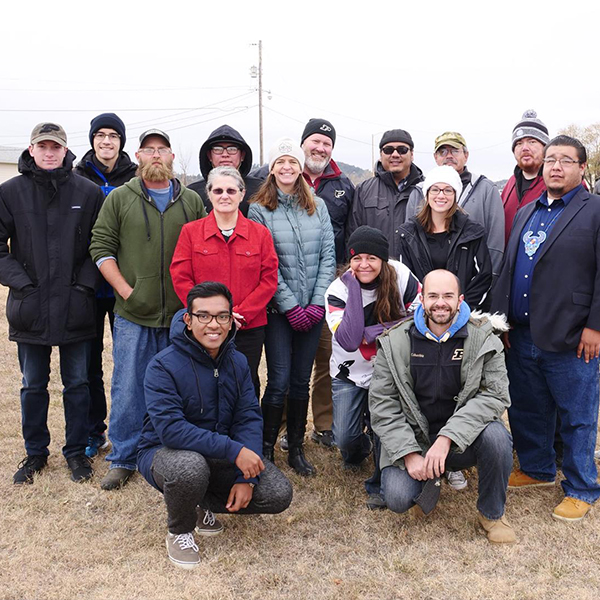
Amanda, Rosebud Sioux Tribe
Tori, Yurok Tribe
I live in the biggest city in my county but it still only has 30,000 people. It’s about the same size as the university I go to. Our remote location helped many of us maintain our tribal culture like traditional food practices and our most important ceremonies, but our remote location has also created barriers to completing college. Even though financial obstacles are the biggest barriers to completing college for students across the country and especially in Indian Country, for me and for other Native scholars, there are other barriers as well. Sometimes, people can’t apply to college because of application fees and a lot of people don’t know financial aid is available. And then living far from family and not seeing your culture represented at your school is hard.
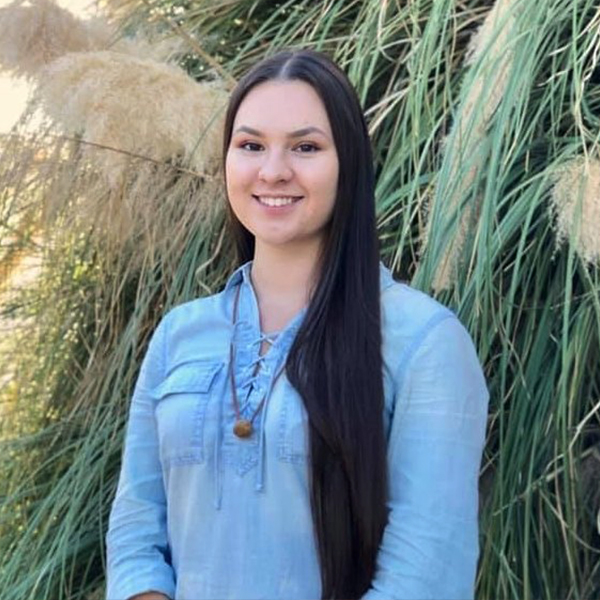
Jacob, Minnesota Chippewa Tribe
It has been challenging to create long-lasting economic development on our reservation and unfortunately, the lack of access to technology has played a part in that. There are whole communities on our reservation without access to high-speed internet and there are not many industries with a presence in our area. Good jobs are limited to positions at the local casino and in our tribal government offices, but by increasing the number of people going to college and getting degrees, we can build an educated workforce and new growth opportunities. The White Earth Nation is 20,000 people strong. That’s a lot of people, a lot of hard workers, a lot of ideas. When more of us are educated, we will be able to start building long-lasting economic development on the reservation.
Kenwa, Pit River Tribe
One barrier for Native students completing college that people may not think about is the struggle to balance traditional culture and getting a western education. It can be hard for our people to accept and trust western education because of the impacts things like boarding schools have had on us. It can also be hard for us to move away from our homelands and most of the time attending school requires us to do that. Many of us are from remote areas and the distance students have to travel to attend college creates barriers to our traditional, family-oriented culture and keeps us from ceremonies. Tribal colleges allow us to get a culturally competent curriculum and keep us closer to home, but we need more of them. I think establishing one in California with campuses across the state is important.
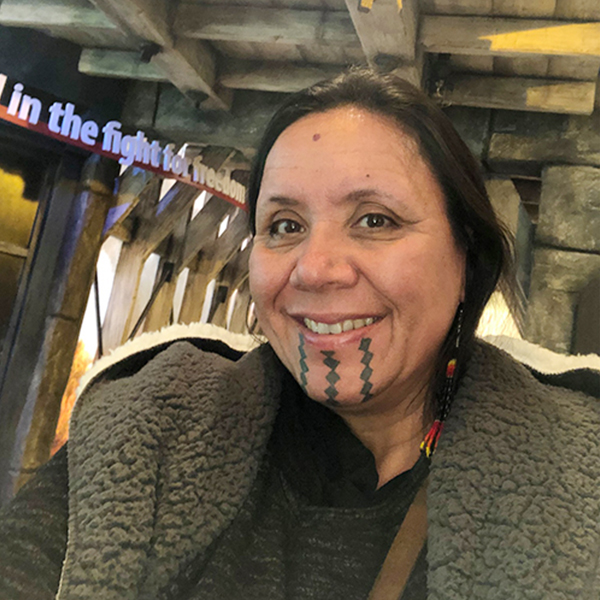
Jacob, Minnesota Chippewa Tribe
One of the biggest barriers Native students face in going to school is the lack of advising we receive. There are so many Native scholars who are the first person in their families to go to school so we do not have family members to offer advice. Unfortunately, our high schools often lack that advising piece as well and so it often seems Native scholars are left on their own to figure out how to apply for school and to learn about additional support services like financial assistance. I know for me, the only thing I knew about school was that it was expensive and so I assumed it was not a realistic option for me. It was not until I decided to return to school as an older student that I learned about how many resources there are. Removing this huge information barrier will make attending college so much more attainable for Native students hoping to pursue a college degree.
DONATE NOW →
A Conversation With Our Students
Get to know some of the students whose lives you are changing.
Student Perspectives
We understand our challenges and know what is needed to address them. We are the generation that will fuse western knowledge and tools with our cultural traditions and practices to build stronger, healthier, safer communities. We will also resolve the disconnect between tribal communities and the US government and re-establish our independence and sovereignty. We will use our knowledge to protect and manage our natural resources to create sufficient food, water and housing for our communities. We are pursuing degrees that will empower us to strengthen economic development and financial security. We will also lead the way in strengthening and updating our educational and healthcare systems. We will be less vulnerable as people and communities in the face of health crises and natural disasters.

